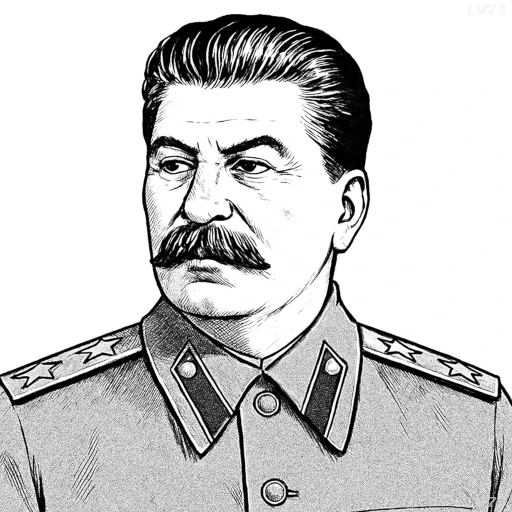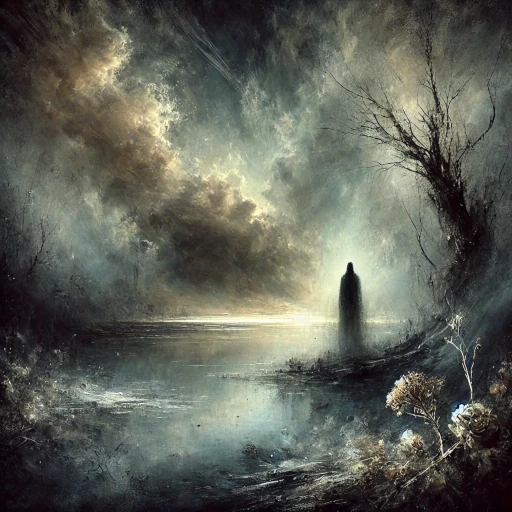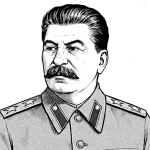“One death is a tragedy; one million is a statistic.”

- December 18, 1878 – March 5, 1953
- Born in Georgia
- Politician
table of contents
Quote
“One death is a tragedy; one million is a statistic.”
Explanation
This quote captures a deeply disturbing reality about how mass death is perceived, particularly in a political context where human lives are reduced to mere numbers. Stalin’s regime, marked by its widespread purges, forced collectivization, and famines, led to the deaths of millions, but such tragedies were often treated with indifference or even cynicism by the authorities. The quote reflects a brutal detachment from individual suffering, where the loss of a single life evokes a human response, but the mass deaths that occurred under Stalin’s rule were seen as abstract numbers to be dealt with for the sake of maintaining power or advancing state policies. This dehumanization enabled leaders to justify the loss of countless lives in the name of political or ideological objectives.
Historically, Stalin himself was responsible for actions that led to the deaths of millions, including the Great Terror, the Holodomor famine, and the Great Purge, where entire groups of people were eliminated for perceived disloyalty or as enemies of the state. The staggering loss of life in these events was often minimized or ignored by the government. By reducing human suffering to statistics, the emotional and moral weight of each individual death was lost, allowing Stalin and his regime to focus solely on their vision of the future, no matter the human cost. This attitude towards death was not unique to Stalin, but is common in authoritarian regimes where individual lives are sacrificed for state interests.
In contemporary terms, this quote is a warning against desensitization and the dangers of ignoring human life in the face of large-scale violence or political decision-making. It serves as a stark reminder of the importance of remembering the humanity behind every loss and recognizing that every life, regardless of its number, holds inherent value. Moving toward a peaceful future requires understanding the lessons of history, acknowledging the true cost of power, and ensuring that such dehumanizing perspectives are never allowed to shape our treatment of others.
Would you like to share your impressions or related stories about this quote in the comments section?

